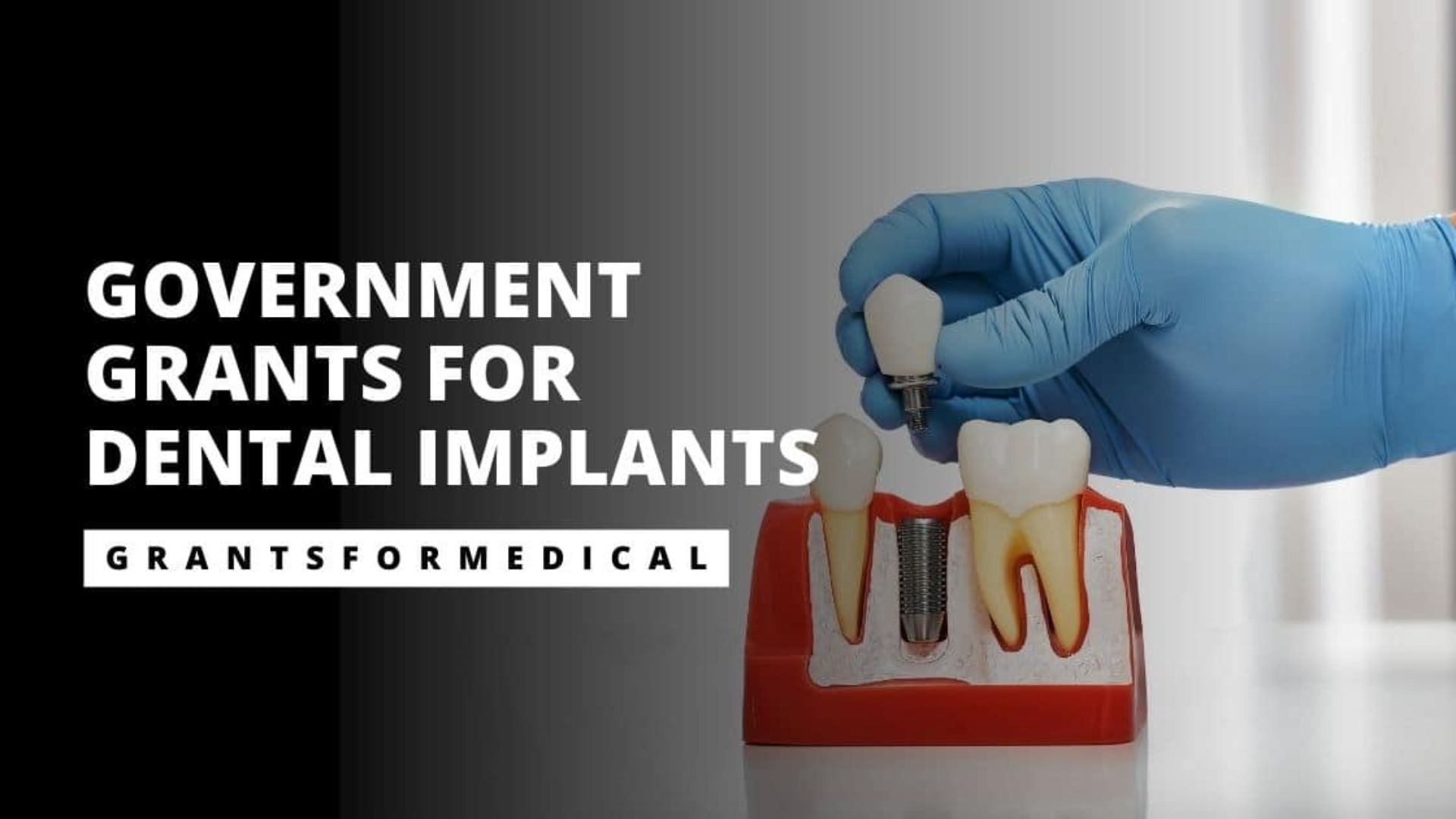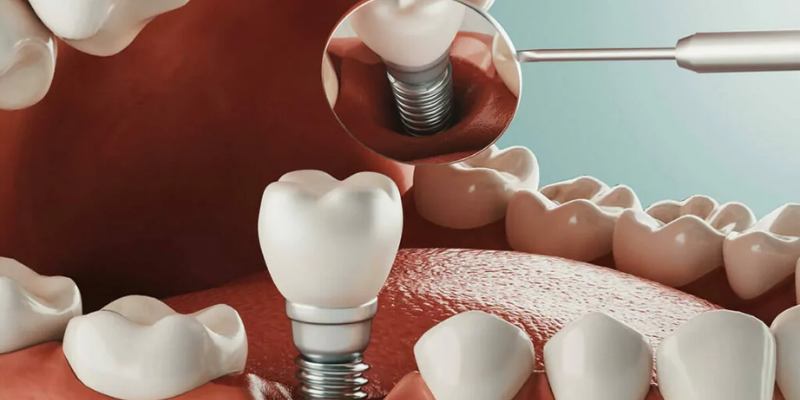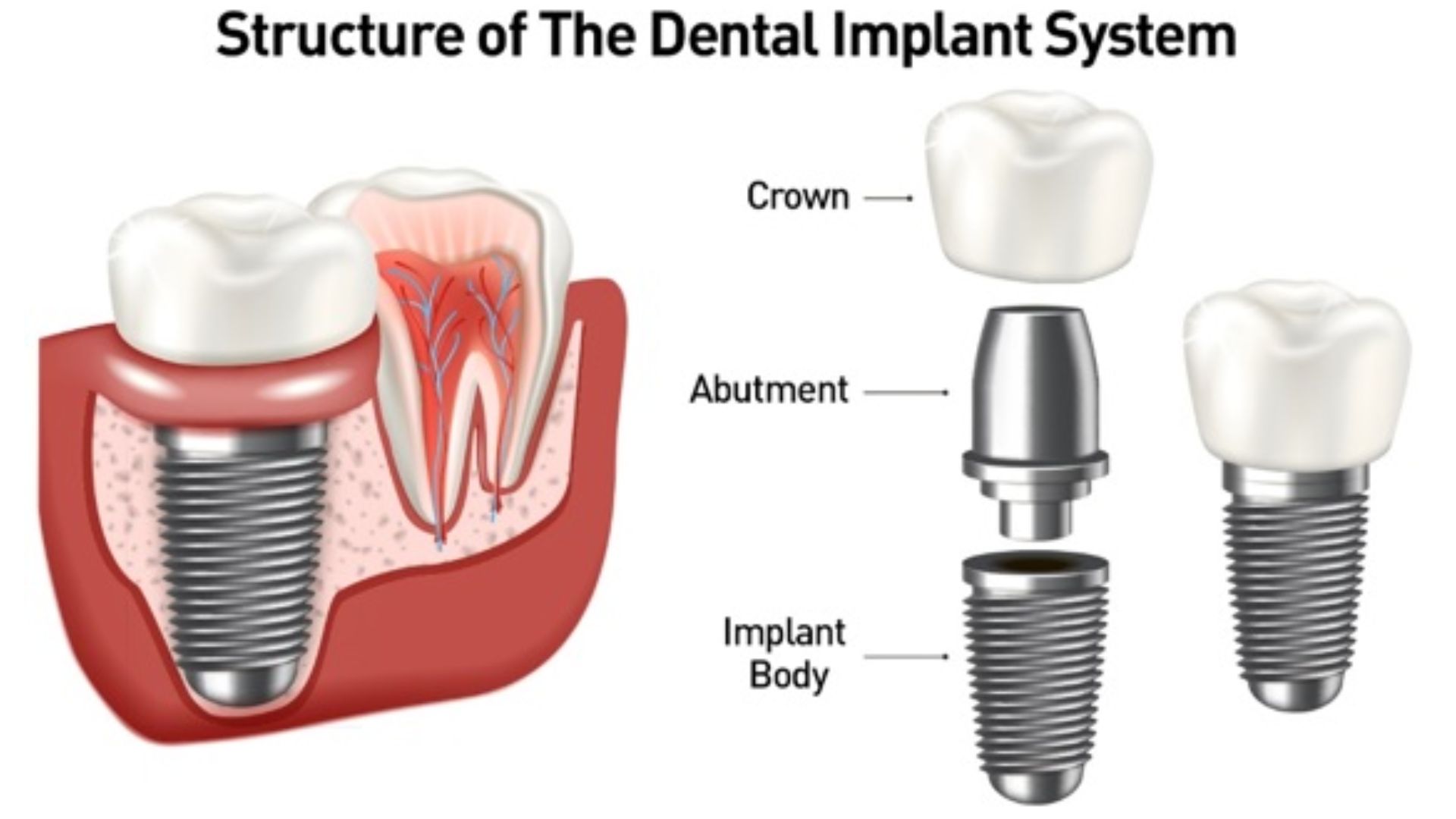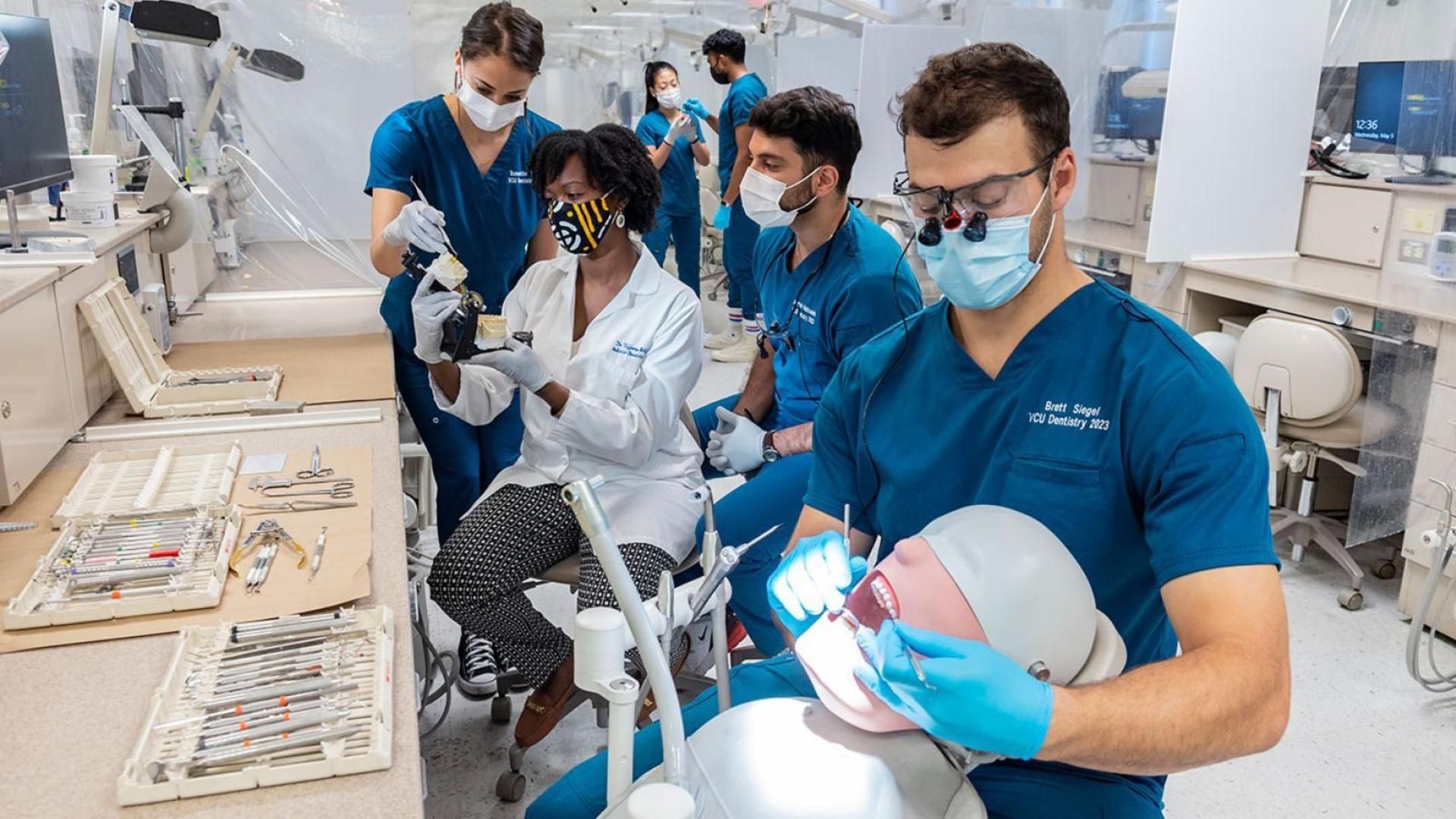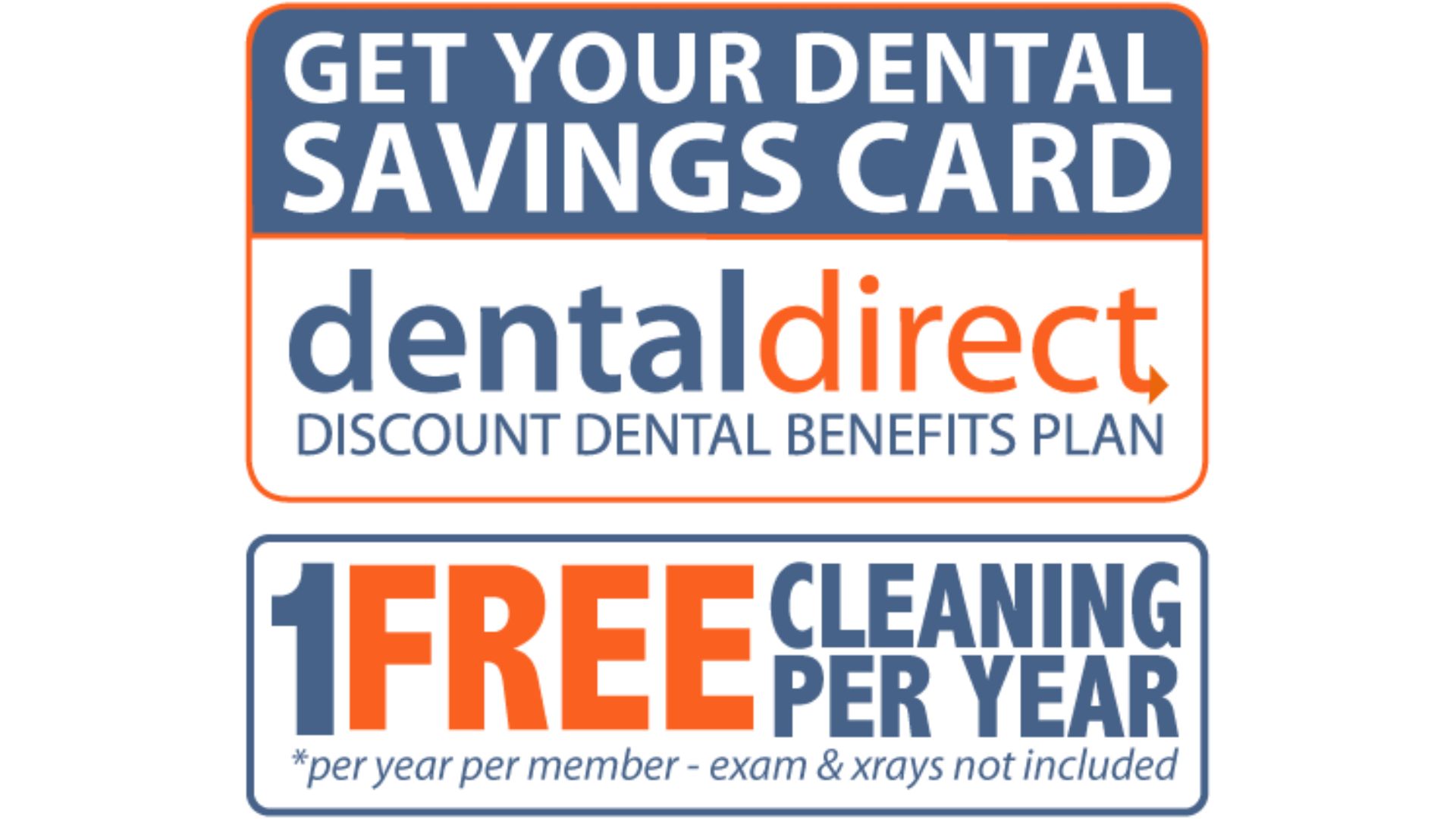If you’re searching for “free government grants for dental implants,” it’s crucial to arm yourself with knowledge before diving in. We’ve done the research to help you distinguish between genuine resources and potential scams. However, be extremely cautious because we’ve encountered some sophisticated scams during our investigation.
The Cosmetic Dentistry Grants Scam
One of the most notorious scams in this realm is cosmeticdentistrygrants.org. This website falsely claims to offer grants for a wide range of dental procedures, including dental implants. Here’s why you should steer clear:
- No Eligibility Requirements: A legitimate grant program typically has specific eligibility criteria. Cosmetic Dentistry Grants lacks any such requirements.
- Contradictory and Poorly Written Information: The website’s content is riddled with inconsistencies and poor grammar, a common trait of scam sites.
- Unverifiable Addresses: The provided addresses cannot be verified, another red flag.
- Negative Reviews: Both Cosmetic Dentistry Grants and its parent company, the Oral Aesthetic Advocacy Group, have received abysmal ratings, often with just one or two stars on review sites.
How the Scam Works?
Here’s the scam’s inner workings: You apply for a grant through their website, and the Oral Aesthetic Advocacy Group (the website’s owner) sells your information to a dentist. The dentist pays a fee for this referral, irrespective of whether you attend your appointment. They are authorized to charge you $50 upfront for a “complimentary” exam, covering X-rays and other discretionary expenses.
When you visit the dentist, they will recommend treatment. However, they’ll overcharge you for these services, including the grant amount. The end result? You may think you’re saving money, but you’re likely paying the same or even more than you would at a different dentist without any grant involvement.
In essence, Cosmetic Dentistry Grants profits by selling your information and having dentists charge inflated fees.
Avoid DentalGrants.org
Beware that dentalgrants.org is owned by the same company, so it’s best to avoid it as well.
Access to Free Health Care Services
In the pursuit of affordable dental implants, it’s crucial to explore free health care services. While dental implants might not fall under traditional grant programs, you can still access essential dental care at low or no cost. Dental schools offer supervised, cost-effective procedures.
Veterans can utilize the resources provided by the Department of Veterans Affairs to access dental care services. Additionally, discount plans offered by local dentists and financing through Care Credit can make dental care more accessible. By navigating these options, you can enhance your oral health without breaking the bank.
Seek a Second Opinion
To protect yourself from these scams, always seek a second opinion. Many dental providers offer free consultations for dental implants, allowing you to obtain multiple quotes and ensure a fair rate. If Cosmetic Dentistry Grants offers a significantly higher quote, consider negotiating based on the other quotes you’ve gathered.
Legitimate Resources for Dental Implant Assistance

Finding help for dental implants can be challenging, given that they are often considered cosmetic and not medically necessary. Nevertheless, there are legitimate avenues:
1. Dental Schools: Affordable Expertise
Dental schools provide a valuable resource for those seeking affordable dental services, including dental implants. Many of these institutions offer treatments at a fraction of the cost compared to private practices. What’s the catch? In some cases, these procedures are performed by supervised dental students, but rest assured, they receive rigorous training. It’s a win-win: you receive quality care at a reduced price, and students gain valuable experience.
Pros:
- Affordable Rates: Typically, services are offered at a fraction of the cost of private dental practices.
- Supervised Care: Procedures are performed by dental students under the close supervision of experienced faculty.
- Cutting-Edge Techniques: As educational institutions, dental schools often employ the latest techniques and technologies.
Cons:
- Longer Appointments: Procedures might take longer, as students are learning and may work at a slower pace.
- Wait Times: The demand for affordable services can lead to longer wait times for appointments.
2.Veterans Affairs (VA) Dental Services: A Salute to Service

Pros/Features:
- Specialized Care: Tailored to the needs of veterans.
- Cost-Efficient: Depending on eligibility, some veterans may receive services at reduced costs or even for free.
- Quality: VA centers are well-equipped and staffed by qualified professionals.
Cons:
- Eligibility Restrictions: Not all veterans qualify; there are specific criteria to meet.
- Limited Locations: There might not be a VA dental center close to every veteran’s residence.
3. Dentists with Discount Plans: Budget-Friendly Care
Many local dentists offer discount plans, making dental care more accessible to those without insurance. These plans typically entail a modest annual fee, providing benefits like free cleanings, exams, and significant discounts on various services, including dental implants. By enrolling in one of these plans, you can significantly reduce the financial burden of dental implant treatment.
Pros/Features:
- Cost Savings: Significant discounts on standard prices.
- No Insurance Needed: These plans are separate from insurance, making them accessible to those without dental insurance.
- Variety of Procedures: Many plans cover a wide range of dental procedures.
Cons:
- Annual Fee: Most plans come with an annual membership fee.
- Limited Network: You may be restricted to dentists that participate in the discount plan.
4.Care Credit: Financing Your Smile
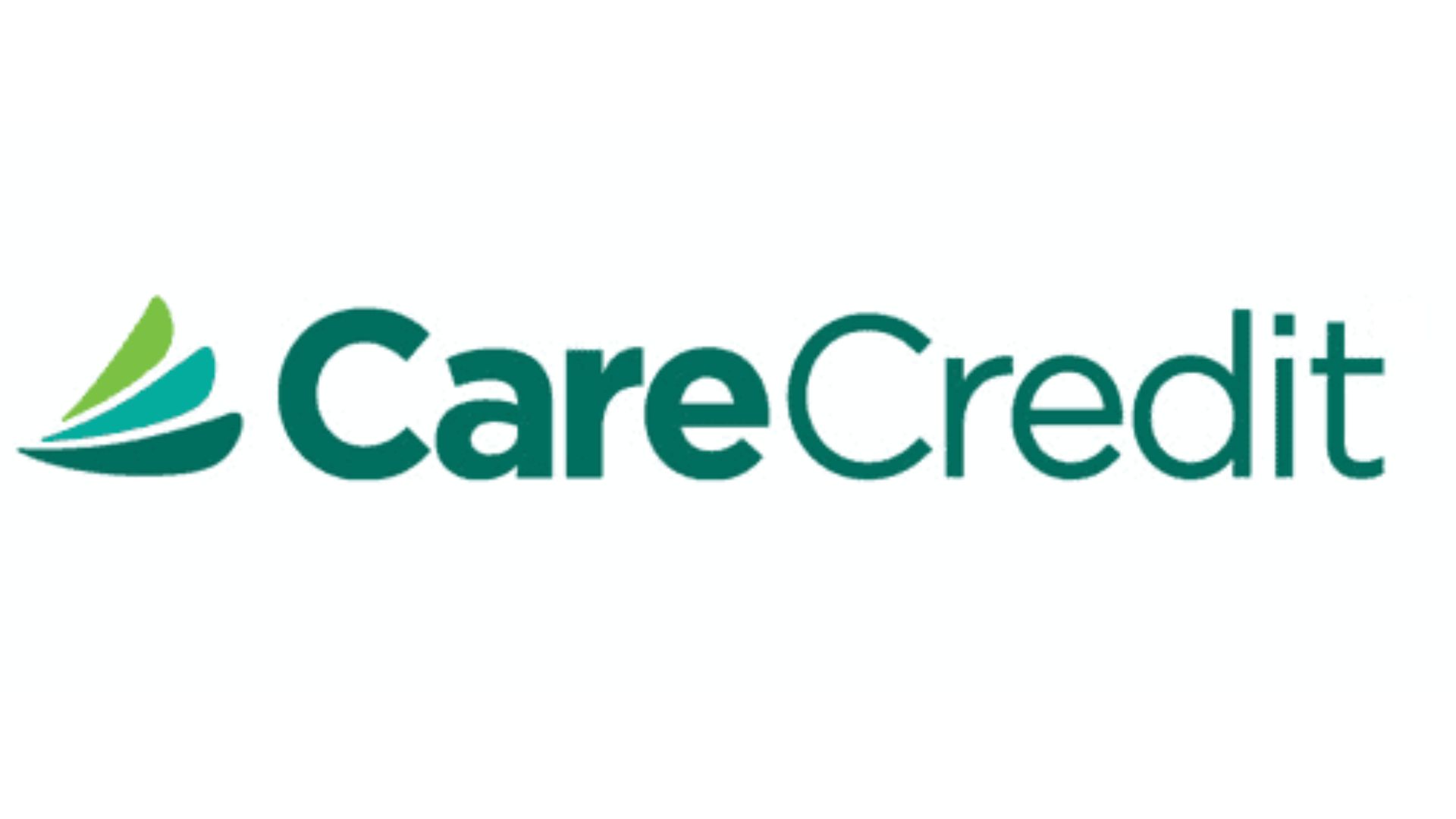
Pros/Features:
- Flexible Financing: Offers various financing plans, allowing patients to choose what works best for them.
- Wide Acceptance: Many healthcare providers, not just dentists, accept Care Credit.
- Promotional Offers: Often provides interest-free periods if the balance is paid within a specified timeframe.
Cons:
- Interest Rates: If not paid within the promotional period, high-interest rates can apply.
- Credit Check Required: Not everyone will qualify, as it’s based on creditworthiness.
Navigating the Dental Implant Terrain: Tips & Precautions
The journey to acquiring dental implants can be intricate, given the mix of genuine offers and scams present in the market. Here’s a deeper dive into the strategies to adopt for a safe and informed decision-making process:
1. Verify Programs:
Dental care is expensive, making it a hotspot for scams. Before engaging with any program or grant offer, it’s crucial to determine its authenticity.
- Action Steps:
- Conduct thorough online research. Check for reviews or testimonials from previous users.
- Seek recommendations from trustworthy professionals in the dental industry.
- Validate any physical addresses or contact information provided.
- Look for official accreditations or associations with known dental organizations.
2. Protect Your Information:
Your personal and medical information is valuable. Scammers might use grant applications to collect and misuse this data, leading to fraud or identity theft.
- Action Steps:
- Avoid providing unnecessary personal details until you’ve verified a program’s legitimacy.
- Never pay to apply for a grant. Genuine grants do not charge application fees.
- Use secure websites (those starting with ‘https’) when submitting information online.
- Monitor your credit report regularly if you’ve shared financial details. This can help you spot and address potential fraud quickly.
3. Seek Multiple Quotes:
Prices for dental implants can vary significantly based on the provider, region, and specific procedures involved.
- Action Steps:
- Don’t settle for the first quote you receive. Instead, consult with multiple dental providers.
- Ensure that each quote you receive is comprehensive, detailing all costs associated, from initial consultations to post-procedure check-ups.
- Use the multiple quotes to negotiate. If one dentist offers a higher rate than others, share the competitive prices you’ve found and see if they can match or offer a better deal.
- Remember that the cheapest option isn’t always the best. Consider the quality of care, the dentist’s experience, and the clinic’s reputation.
Frequently Asked Questions
Are there government grants specifically for dental implants?
No, there are typically no government grants that specifically cover the cost of dental implants. Dental implants are often considered a cosmetic procedure, and government grants usually focus on essential healthcare needs.
Can I find financial assistance for dental implants through Medicaid?
In most cases, Medicaid does not cover the cost of dental implants. Medicaid primarily provides coverage for essential dental services, and dental implants are considered elective or cosmetic procedures.
Are there any organizations that offer grants for dental implants?
While some organizations may claim to offer grants for dental implants, it’s essential to be cautious. Many of these programs turn out to be scams or involve inflated costs. Always thoroughly research any program before applying.
What are some legitimate alternatives to government grants for dental implants?
Legitimate alternatives include seeking treatment at dental schools, exploring discount plans offered by local dentists, and considering financing options like Care Credit. Additionally, veterans may have access to dental implant services through the Department of Veterans Affairs (VA) if they meet specific criteria.
How can I protect myself from dental implant grant scams?
To protect yourself from scams, always verify the legitimacy of grant programs, never pay to apply for a grant, and protect your personal information. Get a second opinion from different dental providers to ensure you’re receiving a fair quote for your dental implant procedure.
Conclusion
Conclusion, while free government grants for dental implants may be hard to come by, staying vigilant and informed can help you avoid scams. Seek multiple opinions, explore legitimate options like dental schools and veteran services, and be cautious when dealing with grant programs. Your dental health is important, so make informed decisions on your path to obtaining dental implants.

